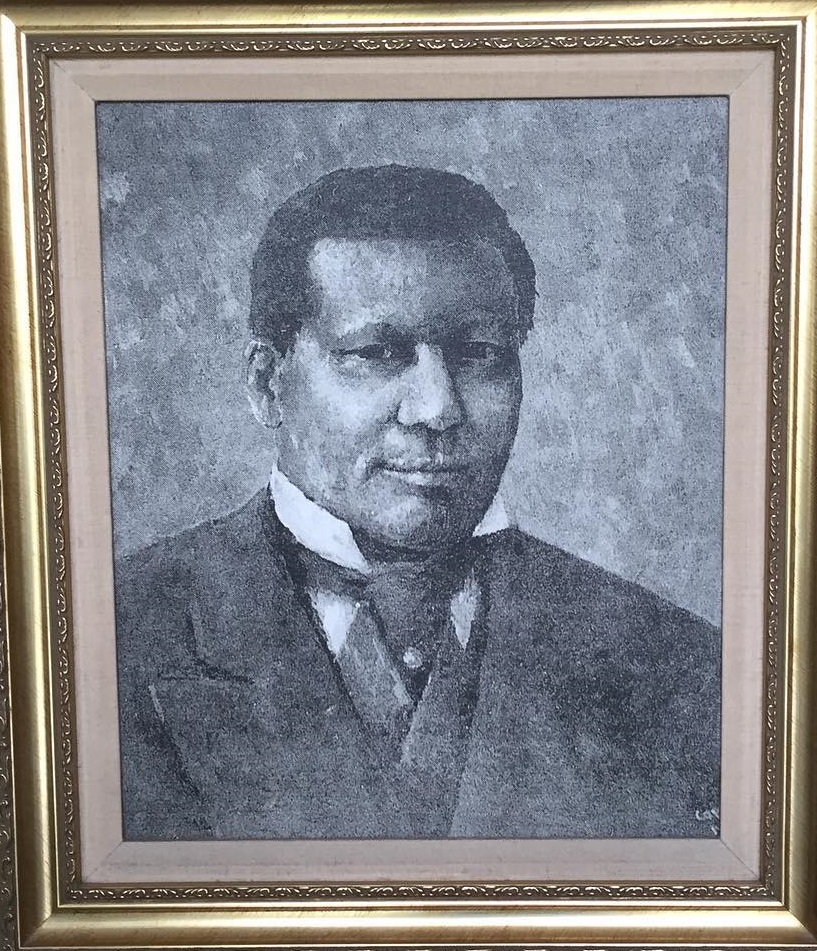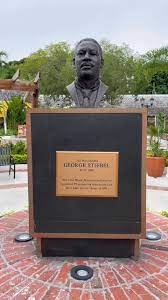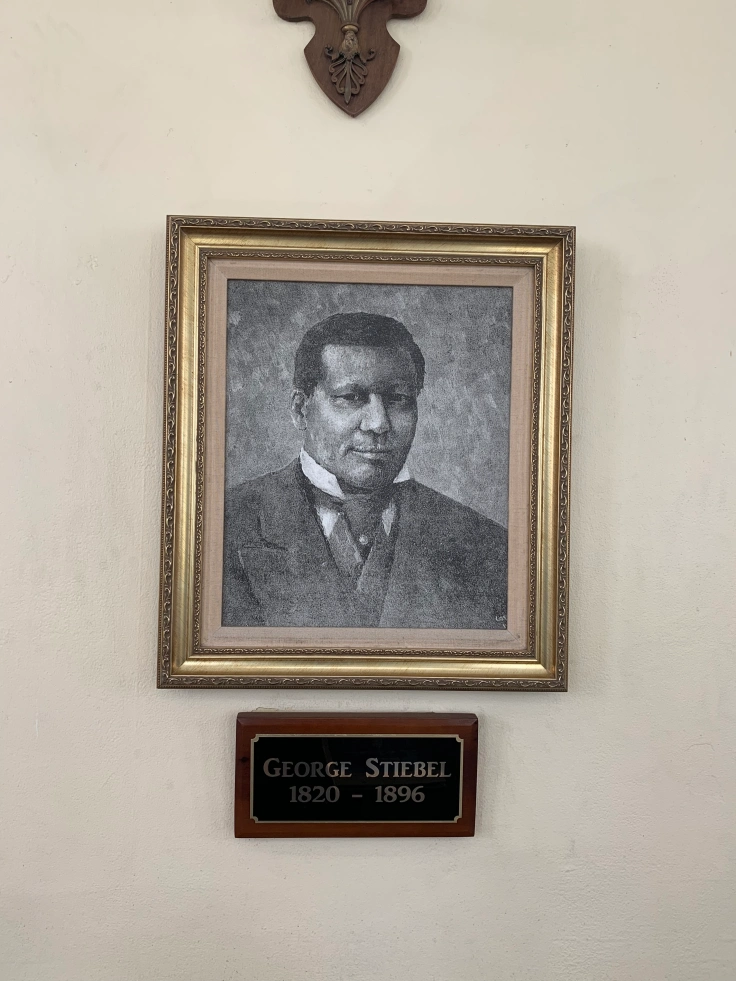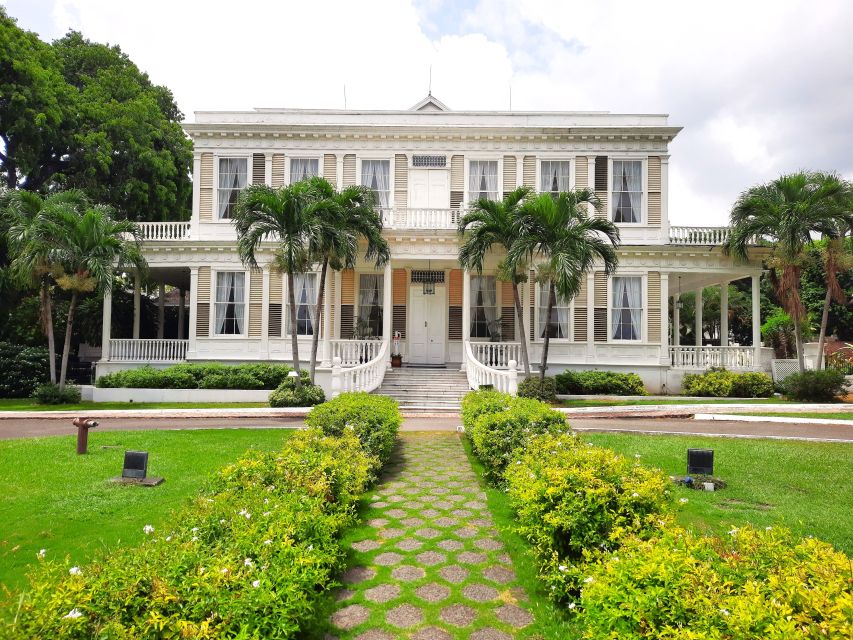
George Stiebel's remarkable journey from humble beginnings to becoming Jamaica's first black millionaire is a testament to his entrepreneurial spirit, resilience, and foresight. Born around 1821 to a Jamaican mother of African descent and a German-Jewish father, George Stiebel, remains an iconic figure in Jamaican history. His path to wealth was marked by ventures in trade, maritime commerce, and ultimately, the discovery of a lucrative gold mine in South America.
Early Life and Entrepreneurial Beginnings
Stiebel's upbringing was modest, and he received only a basic education before entering the workforce at a young age. At 14, he left formal schooling to pursue apprenticeship with a carpenter, where he likely honed his practical skills and work ethic. However, it was his foray into trade that truly propelled him towards success.
Armed with capital provided by his father, Stiebel ventured into maritime commerce, initially focusing on facilitating the transportation of cargo between North and South America. His keen business acumen and strategic investments saw his fleet of ships expand, laying the foundation for his future prosperity. Despite encountering challenges, such as a stint in prison due to his involvement in the arms trade, Stiebel persevered, demonstrating resilience in the face of adversity.

The Gold Rush and Accumulation of Wealth
Stiebel's fortunes took a dramatic turn when he, along with three other individuals, stumbled upon a gold mine in South America. While his partners hastily sold their shares, Stiebel astutely held onto his, a decision that would prove immensely lucrative. The subsequent capitalization of the mine catapulted him to immense wealth, securing his place in history as Jamaica's first black millionaire.
With his newfound riches, Stiebel embarked on a spree of property acquisition in Jamaica, amassing vast estates that included sugar plantations, commercial assets, and strategic land holdings. It was said that he had over 90 properties. Among his most notable acquisitions was the historic Devon Penn, where he commissioned the construction of the opulent Devon House mansion in 1881.

Devon House: A Jewel of Jamaican Architecture
Devon House stands as a testament to Stiebel's vision and legacy, a tangible symbol of his success and influence. Stiebel's wealth afforded him the means to acquire vast swathes of property in Jamaica, including sugar plantations and strategic commercial assets. Among his notable acquisitions was the historic Devon Penn, where he commissioned the construction of the opulent Devon House mansion in 1881. This architectural marvel, now a cherished landmark in Kingston, stands as a testament to his vision and legacy.

The mansion, designed by architect Charles P. Lazarus, embodies the grandeur and elegance of neoclassical architecture, exuding timeless charm and sophistication.Situated on a sprawling estate spanning 32 acres, Devon House epitomizes luxury and opulence. Its lush, manicured gardens and sprawling lawns provide a tranquil retreat from the bustling streets of Kingston, inviting visitors to immerse themselves in its storied history and architectural splendor.
Since its construction, Devon House has undergone several phases of restoration and refurbishment, preserving its heritage while ensuring its continued relevance in modern times. Now owned by the government of Jamaica, the mansion has been designated a national monument, a testament to its cultural significance and historical importance.

Today, Devon House stands as a premier cultural attraction and center of activity in Kingston, offering visitors a glimpse into Jamaica's rich heritage and colonial past. Guided tours of the mansion allow guests to explore its elegant interiors, adorned with period furnishings and decor that harken back to a bygone era.
In addition to its historical significance, Devon House has evolved into a vibrant hub of commerce and gastronomy, housing a variety of shops, boutiques, and restaurants. Patrons can indulge in culinary delights ranging from traditional Jamaican fare to international cuisine, all amidst the splendor of this architectural gem.

Learning from Stiebel's Success
Stiebel's journey offers invaluable lessons for aspiring entrepreneurs and visionaries:
- Resilience in Adversity: Despite facing setbacks and challenges, Stiebel remained resilient, adapting to changing circumstances and seizing new opportunities.
- Strategic Vision: Stiebel's ability to foresee emerging trends and capitalize on them underscores the importance of strategic vision in entrepreneurship.
- Prudent Investment: His judicious investment in the gold mine exemplifies the significance of informed decision-making and long-term planning in wealth accumulation.
- Community Engagement: Stiebel's commitment to philanthropy and community development highlights the importance of giving back and fostering sustainable growth within society.
Beyond his commercial endeavors, Stiebel was actively involved in philanthropy and community development. Serving as Custos of St. Andrew, he played a pivotal role in funding initiatives aimed at improving social and economic conditions on the island. His contributions extended to the promotion of tourism through initiatives such as the Great Exhibition of 1891, showcasing his commitment to the advancement of Jamaica's prosperity and cultural heritage.
Stiebel's recognition as a Companion to the Order of St Michael and St George by Queen Victoria in 1891 underscored his significant contributions to Jamaican society. His legacy endures not only through tangible landmarks like Devon House but also in the collective memory of Jamaicans as a trailblazer and pioneer in the pursuit of success against formidable odds.
Legacy and Continuing Influence
The legacy of George Stiebel endures not only in the physical landmarks he left behind but also in the collective memory of Jamaicans. His pioneering spirit and entrepreneurial prowess continue to inspire generations, serving as a reminder of the transformative power of ambition, perseverance, and vision.
As Jamaica's first black millionaire, Stiebel's impact extends far beyond his individual achievements, shaping the socio-economic landscape of the island nation and leaving an indelible mark on its history. His story serves as a beacon of hope and inspiration, demonstrating that with determination and hard work, even the most humble beginnings can lead to extraordinary success.
